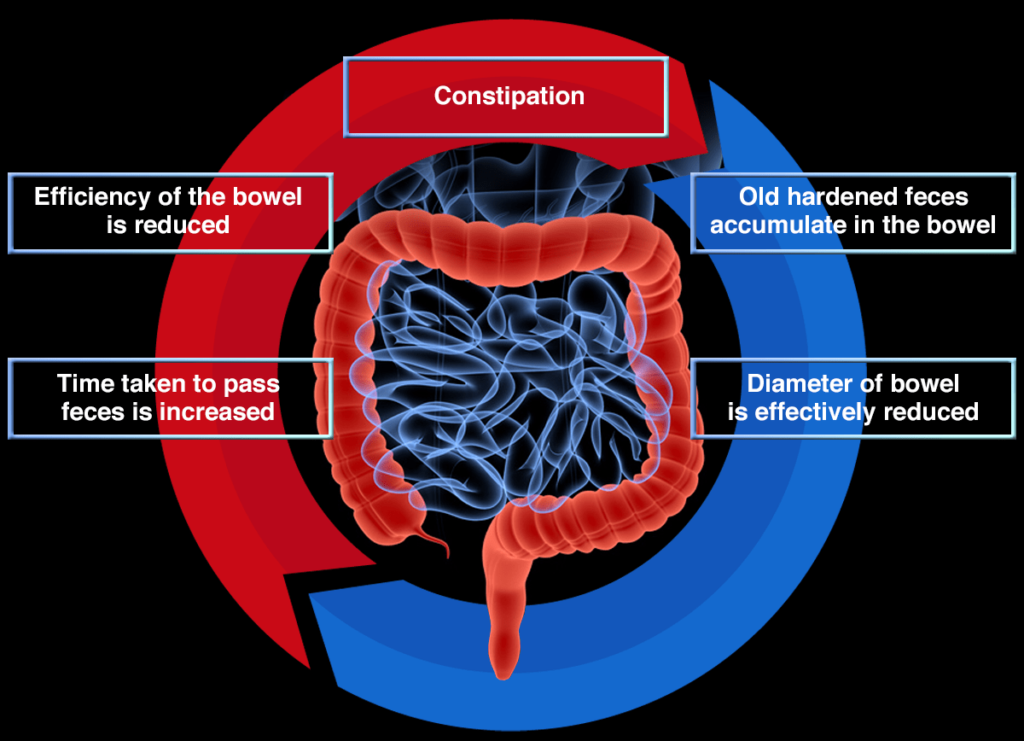Myths and superstitions are the fundamental backbones of the cultures all over the world. The culture of Science may seem immune to all these baseless beliefs, but even after having its grounds based in reason and logic, it is not without some unfounded nuances of its own.As unusual as it may sound, there happen to be some unique misconceptions around Constipation. Some of these may put you into doubt, but others are outright ridiculous. Have a read!

Most prevalent
- A low-fiber diet is to be blamed for chronic constipation, in majority of the cases. Though some patients may be helped by a fiber-rich diet, many patients with more severe constipation get worse with increased dietary fiber intake.
- Similarly, there is no evidence that constipation can successfully be treated by increasing fluid intake unless, of course, there is evidence of dehydration as well.
- Many people believe that failure to pass stools causes the faeces to deteriorate inside the gut. The intestines absorb the toxins released by this decay making us sick. There is, however, no evidence supporting this theory (often called autointoxication).
Believable?
- Chronic constipation is often said to be caused by a condition called ‘Dolichocolon’, which means an elongated colon, which takes a longer time to expel the waste.
- Hypothyroidism is widely observed to cause constipation, but since, among patients presenting with constipation, hypothyroidism is rare, this theory can still be a misconception.
- In the elderly constipation may correlate with decreased physical activity, but many cofactors are likely to play a role. Even so, intervention programs to increase physical activity can definitely help the elderly with digestion-related problems.
- It is unlikely that stimulant laxatives at recommended doses are harmful to the colon. A proportion of patients with chronic constipation is dependent of laxatives to achieve satisfactory bowel function. But this is not the result of prior laxative intake. Tolerance to stimulant laxatives is uncommon. There is no indication for the occurrence of “rebound constipation” after stopping laxative intake. While laxatives may be misused, there is no potential for addiction.

